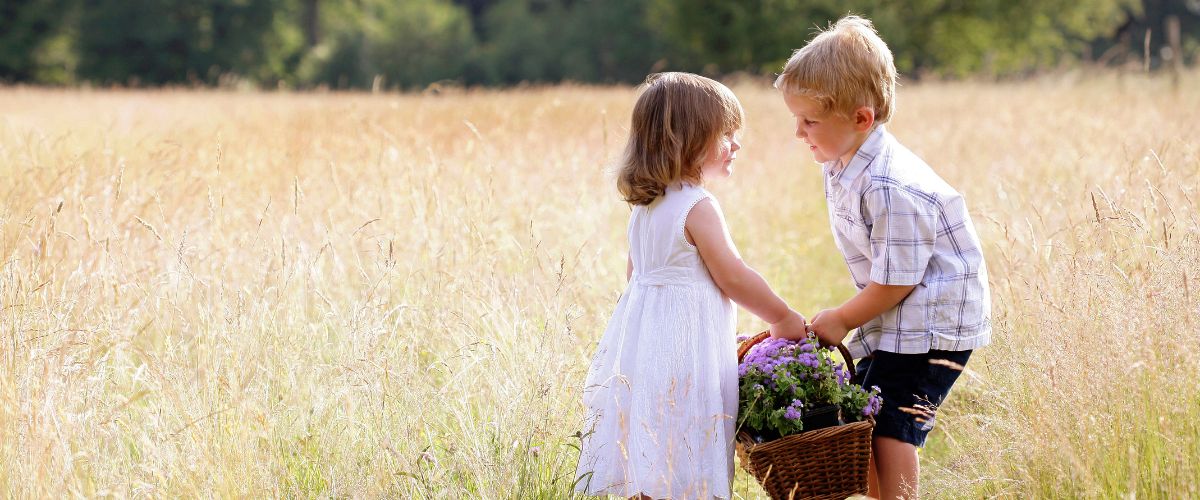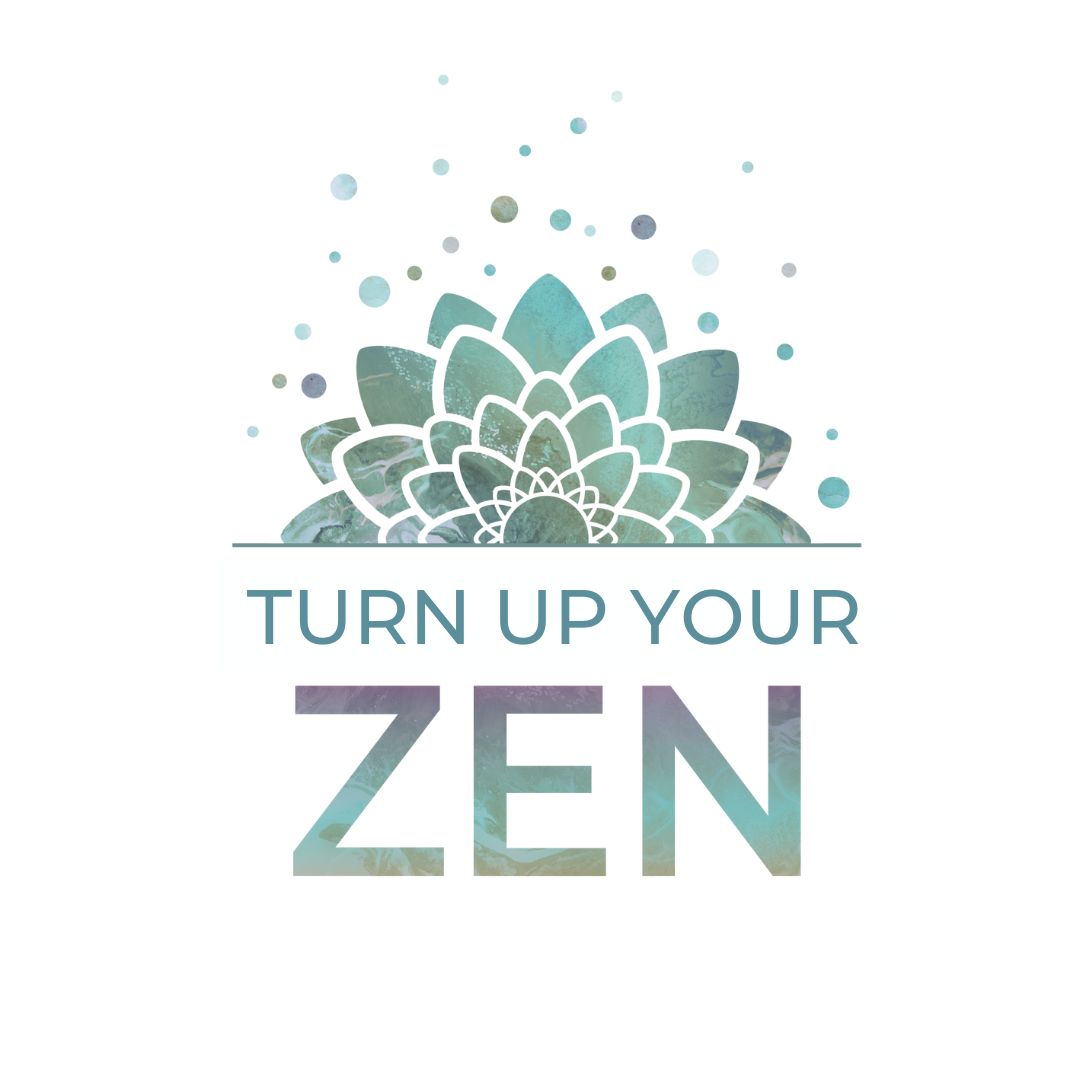“In a world where you can be anything, choose to be kind.” anon
Kindness has many benefits, including increased release of happy hormones serotonin and dopamine, but it’s also proven to lower your blood pressure, improve your heart health and strengthen your immune system. Kindness brings your parasympathetic nervous system back to feeling safe and connected, restoring your ability to rest and digest, so yes, there are benefits for gut health too. Some research suggests it helps you live, not just longer, but a more meaningful and connected life.
We often associate kindness with acts of service and being helpful. Random acts of kindness you can practice include:
Cultivating kindness within ourselves is very different to doing kind things for others. Whilst it might seem selfish or indulgent to be kind to your self, it is essential if you are to live more harmoniously
Kindness is a key pillar of mindfulness. It’s a sibling to empathy, love and forgiveness. Kindness is a way of being in the world.
Nobel Peace Prize winner, Buddhist monk, refugee & author Thích Nhất Hạnh (Thay) spoke about how the essence of “loving kindness offers happiness, like sunshine”, it illuminates and it warms. He shared that you can’t offer happiness and kindness to another person if you don’t first have it for yourself.
How to cultivate inner kindness:

- Mindfulness. When the busy demands of life lead to obsessing with deadlines, performance and results, mindfulness helps you to slow down and reconnect with the present. What is mindfulness.
- Gratitude. When you focus on what is missing in your life; discount your achievements and abilities and prioritise your deficits and shortcomings, gratitude shifts the spotlight from what’s missing to what is here and valuable and worth celebrating. It reminds us of what we have that we can be thankful for.
- Self-Compassion. When you criticise and judge yourself, it creates tension in both your mind and your body. We often speak to our’ self’ in ways that we would never speak to a friend or relative. Compassion is the ‘concern for the suffering and misfortune experienced as part of being human’. Being a human is hard and you are as worthy of your own compassion as anyone else.
- Smile. When you smile, not just with the mouth, but with the eyes, your state softens and illuminates.
- Practise listening, actively. Listening is different to hearing, and when you actively listen to someone, you show respect by giving them your full attention and acknowledge their words, feelings and thoughts without judgement or deflection. Like self compassion, kindness includes listening to yourself as well as others.
- Curiosity. When you make assumptions or form judgements, it can be easy to form an opinion that doesn’t include all the facts. Where there’s criticism, kindness struggles to thrive. Curiosity is the antidote to judgement, assumptions, and criticisms. It invites you to empty your mind, soften your gaze and enquire about the facts and perspectives of others, discovering new truths.
- Inspiration. When you recall someone who has be kind to you, or someone else, allow yourself to soften into how the giving and receiving of kindness makes you feel. Notice the sensations in your body and allow that feeling to inspire kindness in you.
Kindness is an inside job. You can’t demand it from others, you can only cultivate it for your self. The moment you expect an outcome or result from your kindness, you have eroded it’s potency.
Kindness is free.
Kindness is infinite. There’s no limit to how much you can experience or express to yourself or others.
Kindness is contagious. When you soften your mind and your heart and choose kindness, you create a ripple effect.
